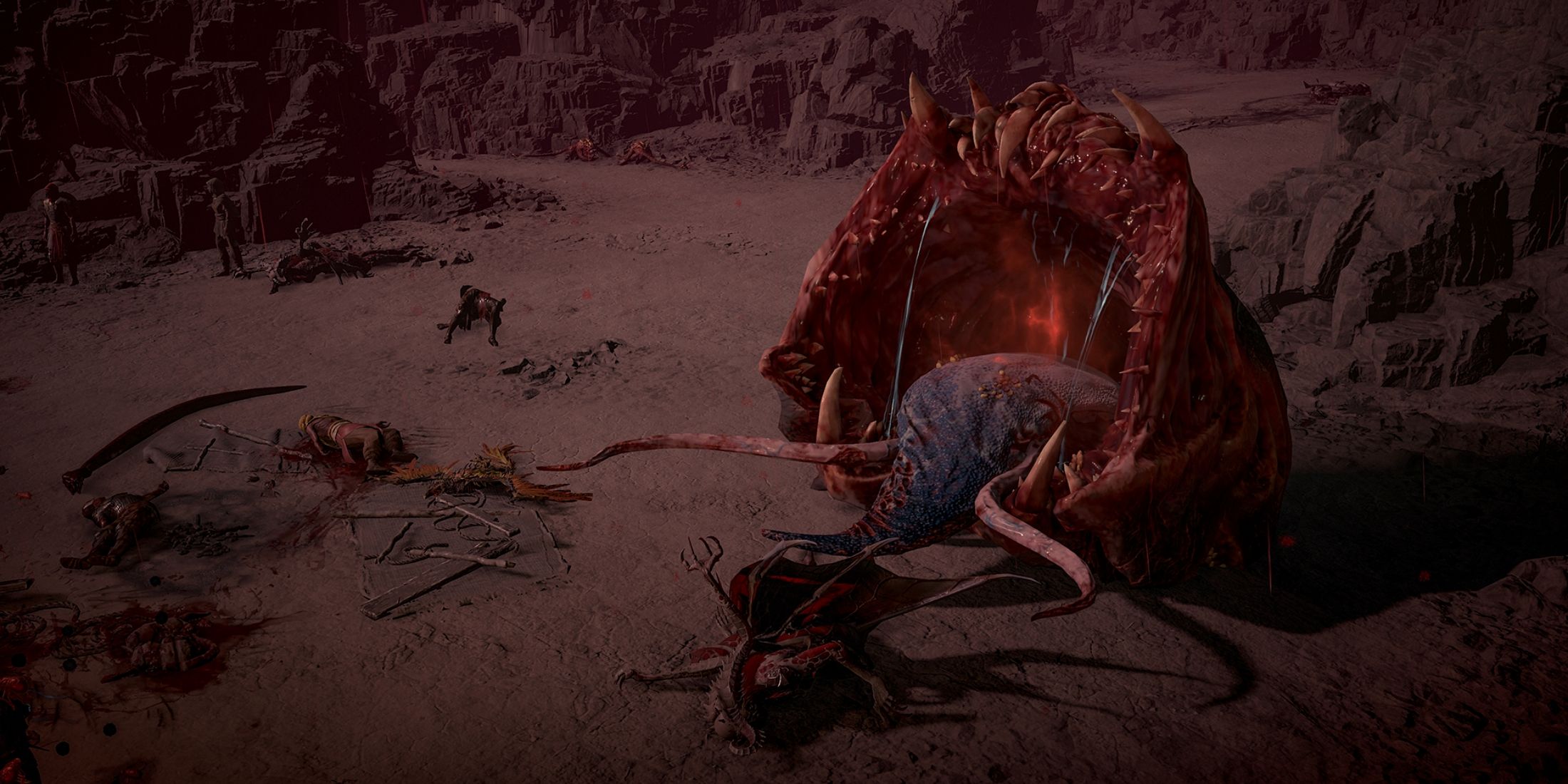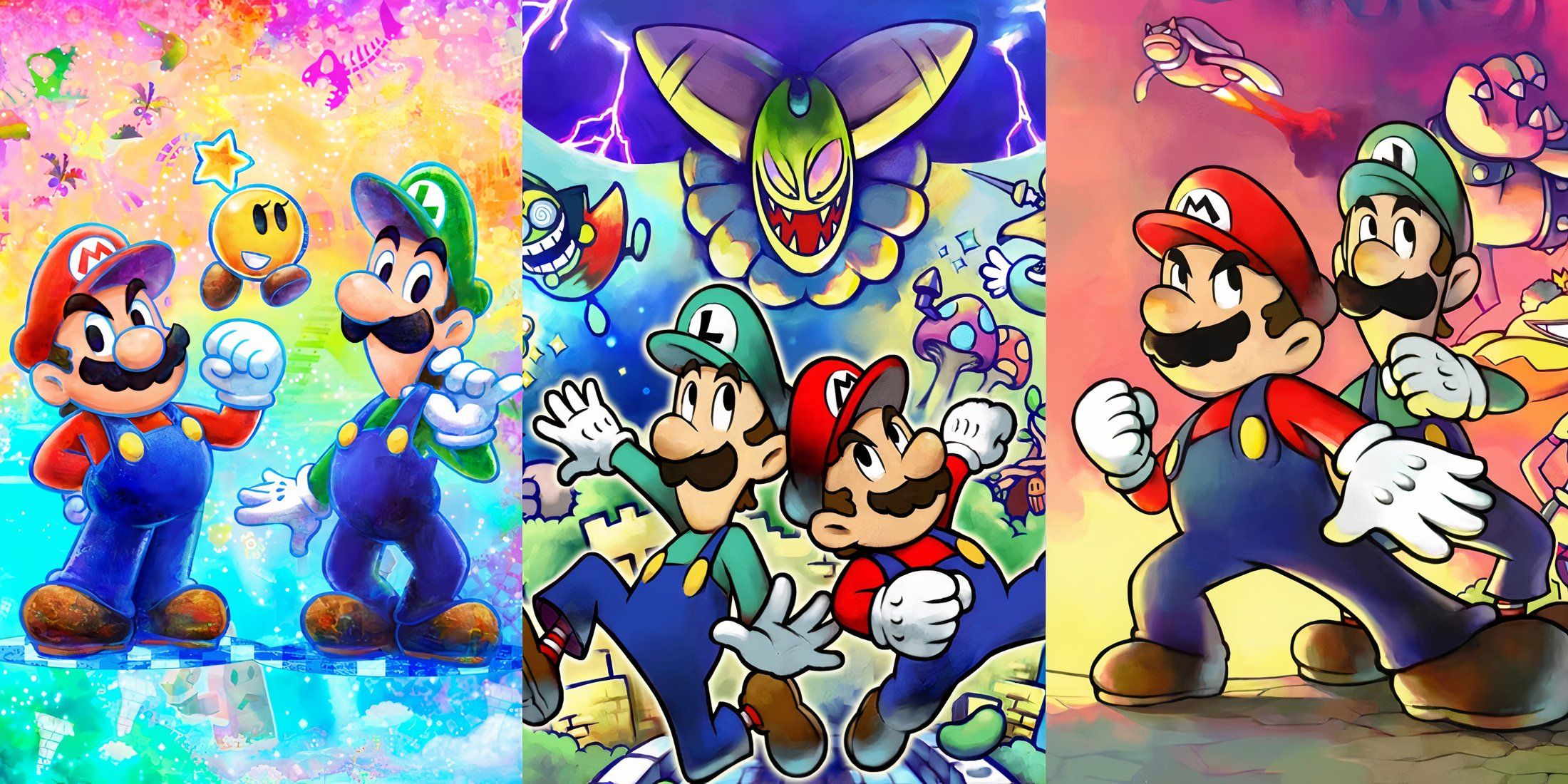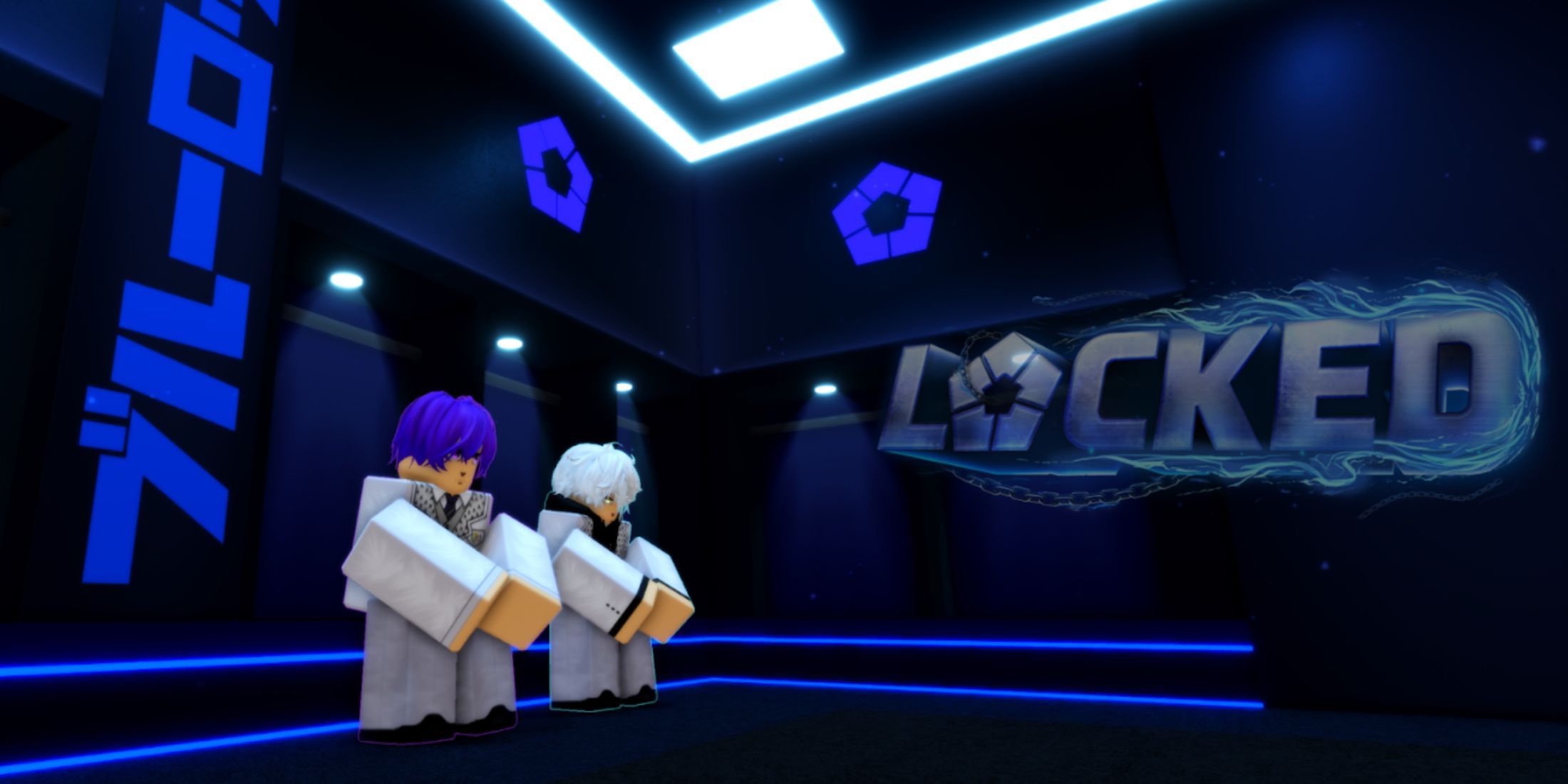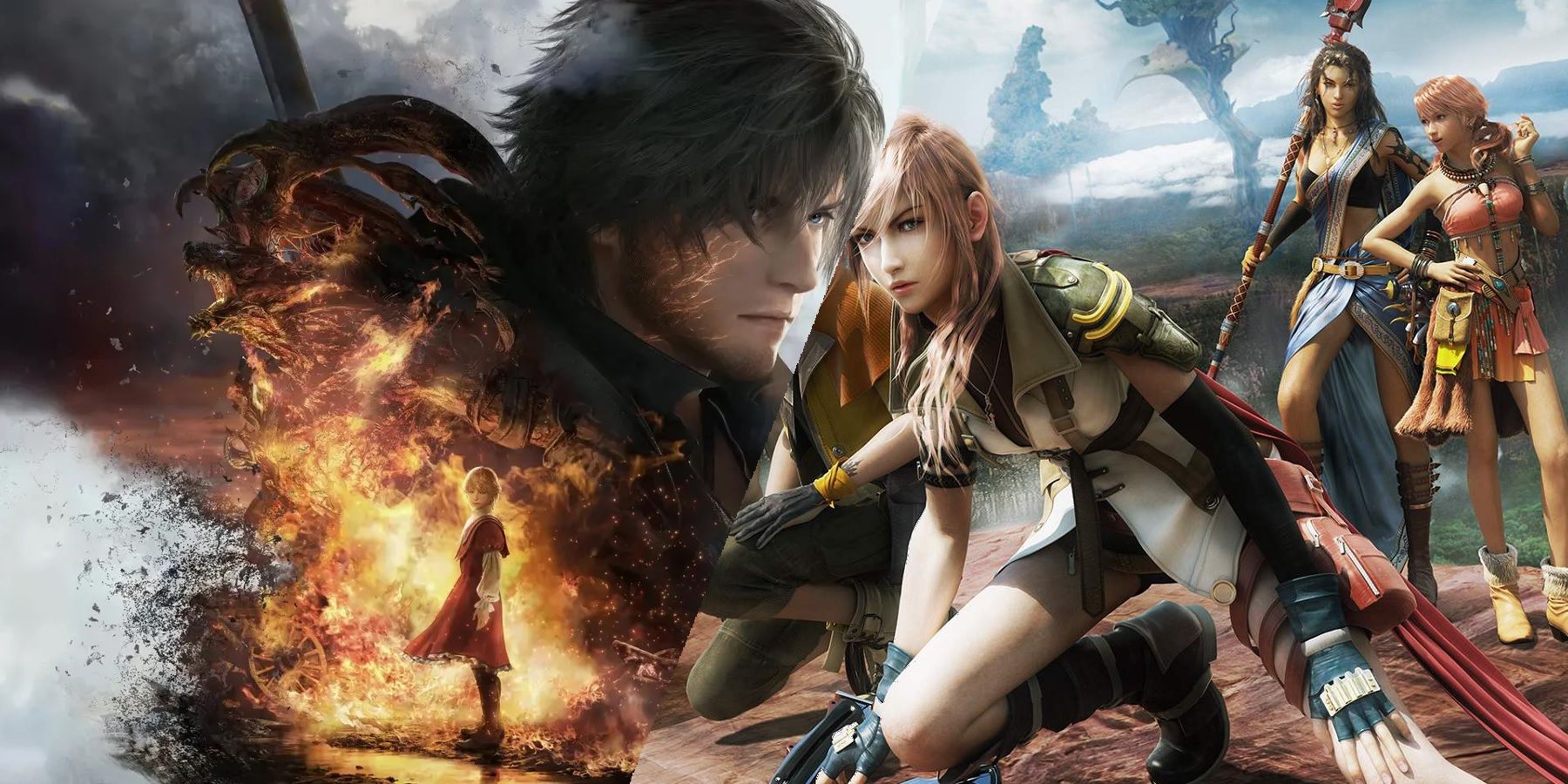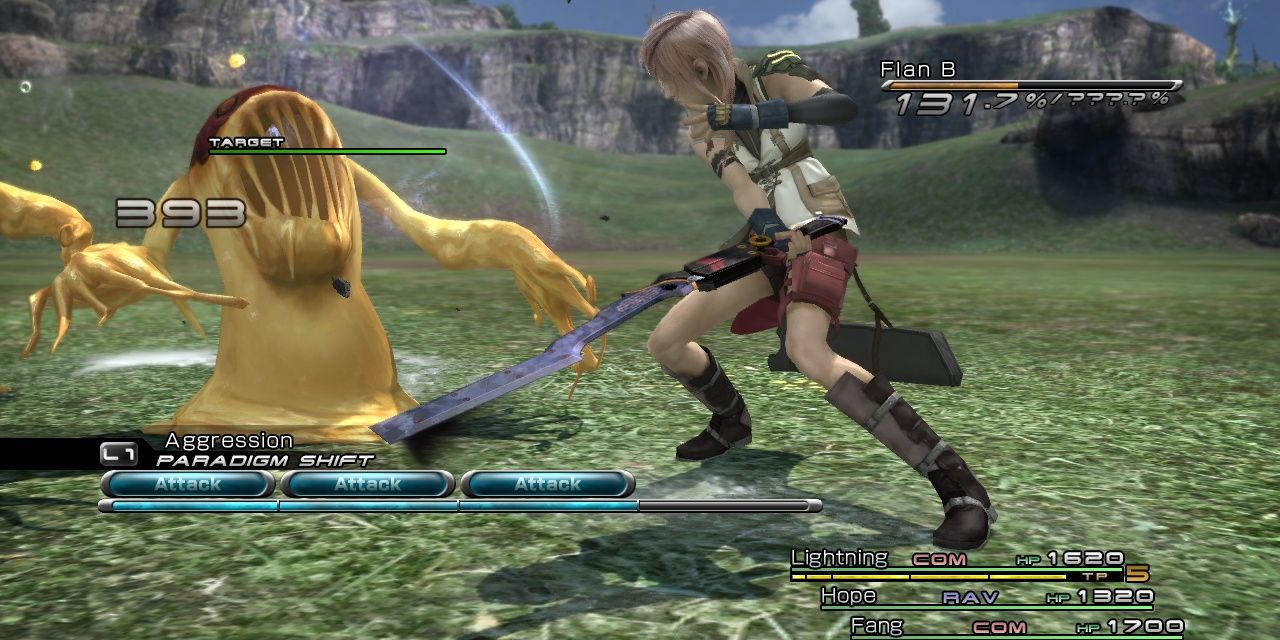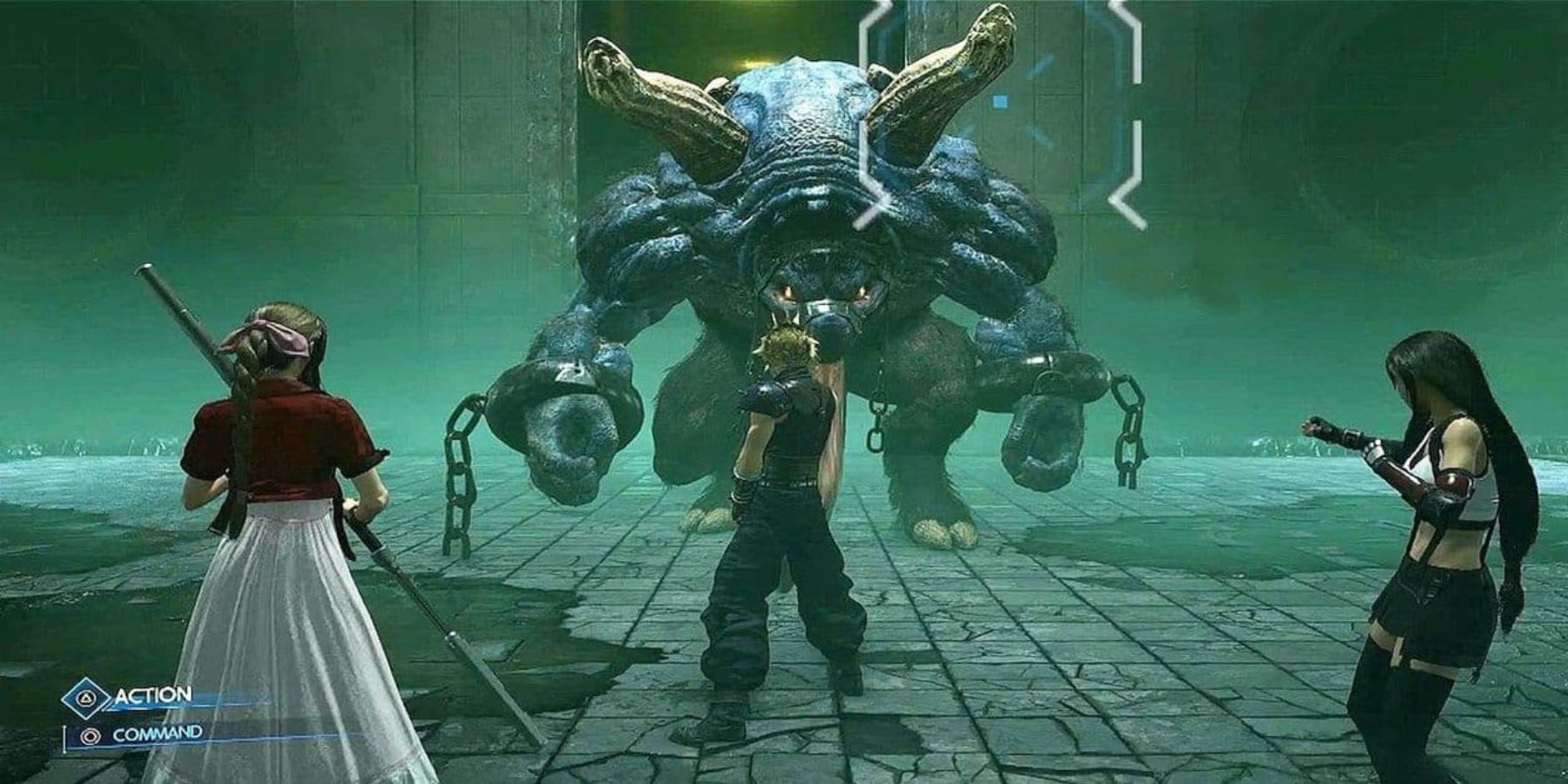After nearly fifteen years since launch, Final Fantasy 13 continues to have had a knock-on effect on the series, influencing the gameplay of many of the titles that followed including the recent Final Fantasy 16. While this game didn't wind up fully making the transition into action combat that the 2006 trailer first implied, it marked the beginning of the drive toward the goal of making games like Final Fantasy 16 more active and less turn-based.
This has been a controversial decision among fans, although it has produced titles like the recently released Final Fantasy 16, which has received high acclaim for its combat alone. However, in making this transition, the series has lost an important part of its party dynamic by focusing on only the singular protagonist of the story as being the only one that matters in combat.
The Shadow of Final Fantasy 13's Party Leader
A fantastic game in its own right, Final Fantasy 13 wasn't free of criticism when it launched, with the game's world being compared to a series of long hallways and the combat sometimes being seen as tedious. For those that the combat clicked with, the Paradigm Shift system was an interesting way to keep the player active as they worked to build up stagger meters and capitalize on damage opportunities.
This system still has many fans holding Final Fantasy 13 as one of the best in the series, even through the many vocal critics who resisted the first signs of change for Final Fantasy. As unique as the combat was, the fact that the three-person squad had a party leader put a lot of emphasis on whom the player was controlling at any given time.
Combine this with an inability to change to another character in the middle of combat, and it felt less like controlling a party, and more like controlling a protagonist with two AI companions. This is a concept that has followed through the series since, with Final Fantasy 16's Clive being the only controllable character, and the only one with a health bar that actually matters before getting a game over.
The result of having a singular protagonist like Clive is a set of pros and cons, where companions feel less like actual party members and more like distractions for enemies, but the combat is at least consistent. While the combat itself is still great on its own, it means that Final Fantasy 16's use of the Phoenix is limited to its story and a few attack commands, rather than giving the player the opportunity to revive fallen teammates. What is strange about this singular character focus is that another recent title managed to keep the party dynamic alive, while also leaning heavily into more action-based combat.
Final Fantasy 7 Bucked the Single-Hero Trend
Moving forward, the Final Fantasy series has been a shining example of how to keep the party dynamic strong while also offering more action-based combat. This comes in the form of Final Fantasy 7 Remake, which relies so heavily on players swapping back and forth between allies that it's almost impossible to beat while only controlling one character. It's a perfect marriage of classic Final Fantasy in modern gaming that should act as a blueprint for keeping the party dynamic alive in the future of the series.
While playing as Clive in Final Fantasy 16 as he hot-swaps between different Eikon stances with unique abilities to each is a treat for the new action combat, it does miss out on this key feature of the series. It is still possible that the game could receive updates similar to Final Fantasy 15, which eventually added the ability to swap between party members, but this might not be likely given the structure of Final Fantasy 16's constantly changing party.
Final Fantasy 16 is available now for PS5.

